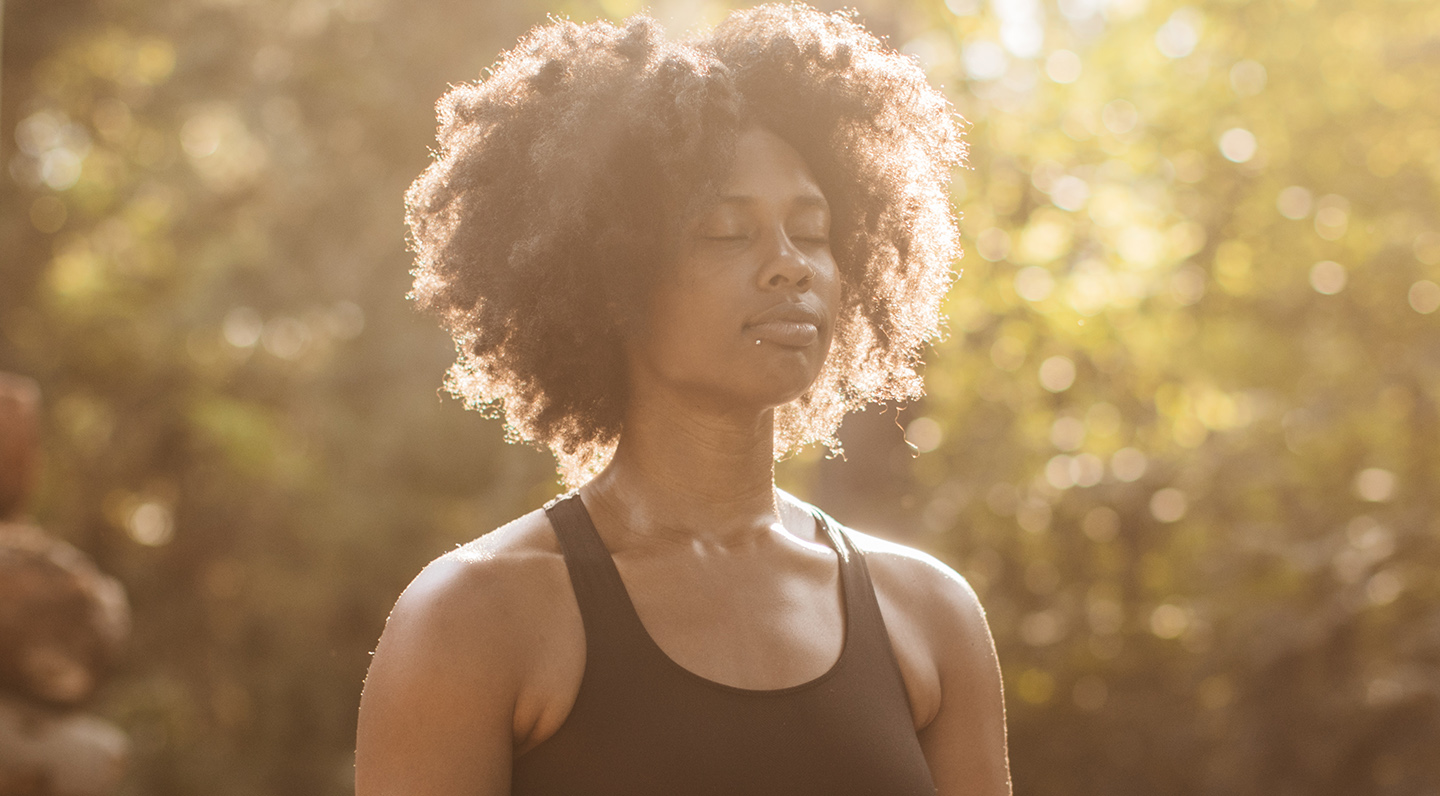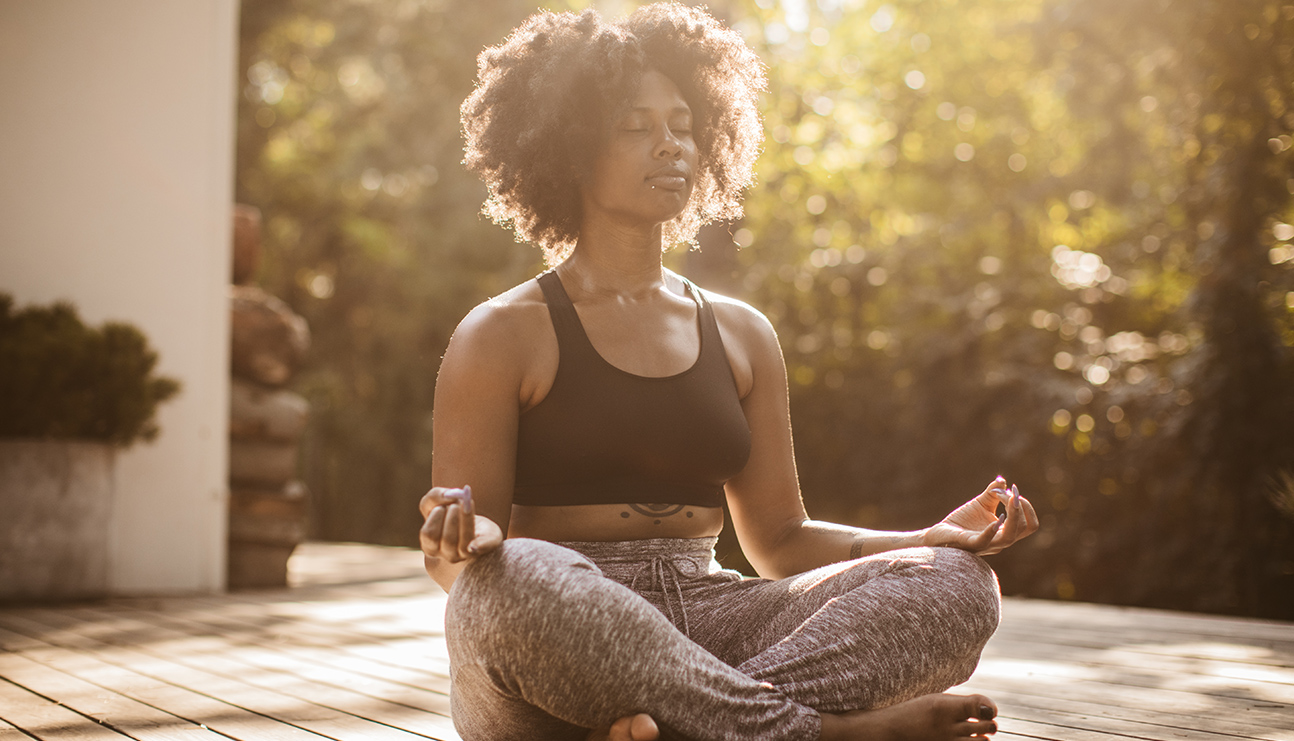Here’s Why You Should Meditate and How To Do It
Bekka Wiedenmeyer
Even if you haven’t practiced it subconsciously, you have probably at some point in your life or another practiced meditation in some form. Simply keeping your eyes closed right as you wake up in the morning before rolling over (and checking your cell phone) can easily be considered meditating. Meditation can look different depending on people’s preferences and lifestyles, but there are a few things you can do to ensure you are getting the most out of your meditative experience.
Prepare your space
Some people like to use cushions. Others like to sit cross-legged on a bed, floor, or a chair. There is no right or wrong way to do this, but what is important is choosing a space and position that will help you remain calm, comfortable, and undisturbed.
Remain consistent
No matter where you choose to meditate, it is always helpful to remain consistent with your time. This will help you pick a routine and stick to it. If you are looking to kickstart your mornings with a daily dose of internal musings, then set a time to which you can commit.
It is especially helpful to use a timer when you’re meditating, as well. That way, you will never stress about the process taking too long or being late for your other morning duties, like making breakfast or taking the kids to school.
Choose a focal point
Meditation coach Lyndsey Burton writes that many times, people get confused about meditation, thinking the only way to meditate correctly is emptying your mind entirely of thought. Rather than trying to wipe the slate clean, she suggests focusing on your thoughts objectively, not allowing any emotions or alternate narratives to interrupt the process.
Focus points don’t always have to be thoughts, of course, and it is really up to you what you choose to focus on. It could be your breathing, or a particular sound around you, or even an object in the room. The purpose of a focus point is to help re-center your mind should it happen to wander. Pick one that seems best for you.

Benefits
It only takes a little bit of research to see the substantial impacts meditation can have on a person. Numerous published studies indicate that meditation may decrease high blood pressure, reduce anxiety, and even improve the immune system. Experts have also found research showing that meditation can help boost brain activity and support mental agility, especially to those with decelerating memory loss.
If you want to join in on the “new year, new me” movement, consider clearing a space at your desk every morning for a quick 10-minute meditation. Turning over a new leaf doesn’t have to be difficult. It’s all about finding what works best for you.





